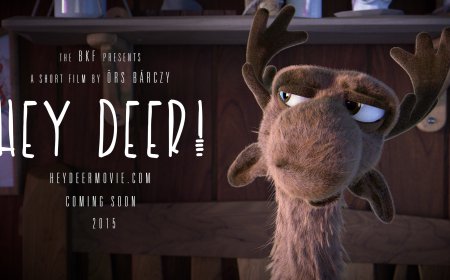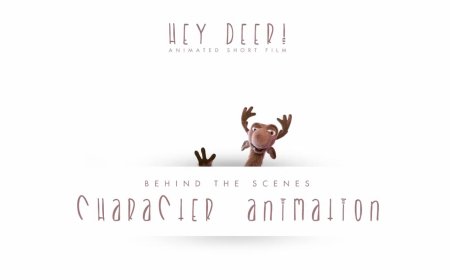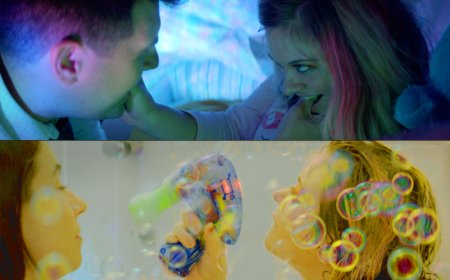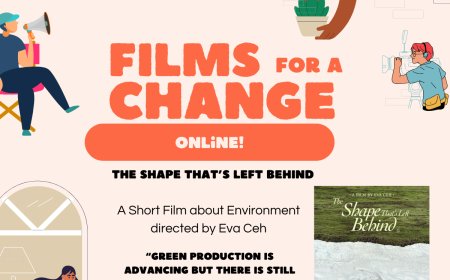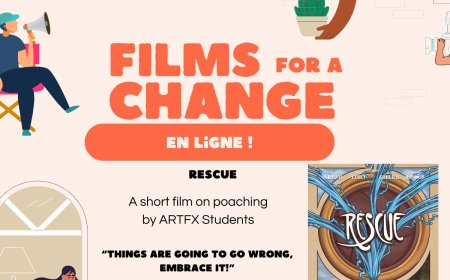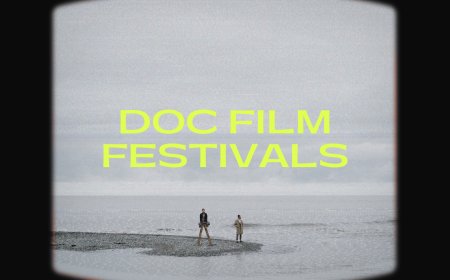Exploring the Role of Science in Film: How Movies Shape Our Understanding

The Magic of Science Fiction: Inspiring Wonder and Curiosity

Science fiction movies have a special way of sparking our imagination. They take us to far-off worlds and show us amazing technologies. These films have shaped generations by making us dream big and think about what could be possible. From the early days of cinema, sci-fi films have been a big part of our culture.
Iconic Sci-Fi Films That Shaped Generations
Some movies stand out because they changed how we see the world. Films like "Star Wars" and "Blade Runner" are more than just stories; they are cultural landmarks. They made us wonder about space, robots, and the future. These movies didn't just entertain us; they made us curious about science and technology.
The Science Behind the Fiction: What’s Real and What’s Not
Sci-fi movies often mix real science with made-up stuff. This makes us ask questions and learn more. For example, "Jurassic Park" made us think about cloning and dinosaurs. While not everything in these movies is true, they still teach us a lot. They make science fun and interesting.
How Sci-Fi Films Influence Scientific Research
Believe it or not, some scientists say that sci-fi movies inspired them to go into their fields. These films show us what might be possible in the future. They make us excited about new ideas and technologies. This exploration of what could be has even led to real scientific discoveries. Sci-fi movies are not just for fun; they can also push the boundaries of what we know.
Science as a Villain: Fear and Ethics in Cinema
When we think about science in movies, it's not always about wonder and discovery. Sometimes, science takes on a darker role, becoming the villain that instills fear and raises ethical questions. This portrayal can shape how the public views science, often making it seem more dangerous than it really is.
Cinematic Science: Bridging the Gap Between Scientists and the Public
Documentaries That Made Science Accessible
We've all seen those documentaries that make science feel like a grand adventure. They take complex ideas and break them down into bite-sized pieces that anyone can understand. These films have a way of making us feel like we're part of the discovery process. Whether it's exploring the depths of the ocean or the far reaches of space, documentaries bring science to life in a way that textbooks just can't.
Biopics of Famous Scientists: Fact vs. Fiction
Biopics are another way movies bring science closer to us. They tell the stories of famous scientists, showing us their struggles and triumphs. But sometimes, they mix in a bit of fiction to make the story more exciting. It's important to remember that while these films can be inspiring, they might not always be 100% accurate. Still, they give us a glimpse into the lives of the people behind the big discoveries.
The Role of Visual Effects in Explaining Complex Concepts
Visual effects are like the magic wand of science films. They help us see things that are too small, too big, or too far away to see with our own eyes. From the tiniest atoms to the vastness of the universe, visual effects make the impossible possible. They turn abstract ideas into something we can see and understand, making science more accessible to everyone.
Movies can make science fun and easy to understand. They help scientists share their work with everyone. Want to see how? Visit our website to explore more!
What's Your Reaction?
 Like
0
Like
0
 Dislike
0
Dislike
0
 Love
0
Love
0
 Funny
0
Funny
0
 Angry
0
Angry
0
 Sad
0
Sad
0
 Wow
0
Wow
0







